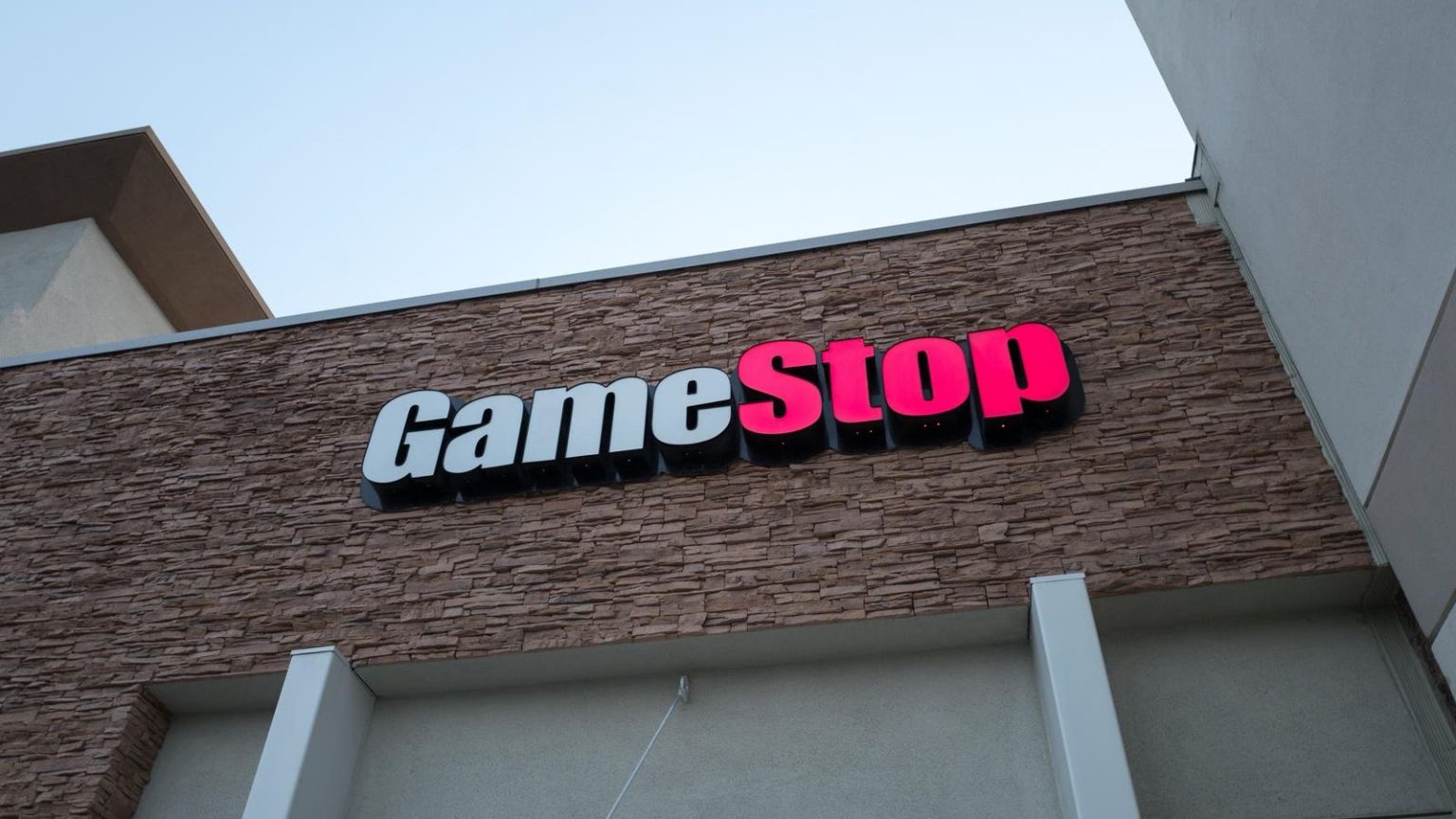GameStop Corporation, a meme stock known for its volatile price movements, is currently valued at around $10 per share based on its financial position. The company is burning through $115 million in cash per quarter, resulting in negative free cash flow of $460 million annually. However, GameStop has a significant amount of cash on hand, totaling $1.05 billion in net cash and securities as of May 4, with almost no debt. The company recently raised an additional $933 million through a stock offering and plans to sell 75 million more shares, potentially bringing its net cash balance to $4 billion to $5 billion with about 426 million shares outstanding.
With the new capital raise, GameStop may have about $4 billion to $5 billion in net cash and around 426 million shares outstanding, resulting in a net value per share of $11 to $12. This net value is based on the assumption that the existing business could be sold for half a billion or less, leading to a net value of $12 per share. Any price above this amount implies that the company can successfully turn its cash-burning business around and generate profits from its investments. However, investing in GameStop at its current price assumes a high return on investment for the new cash raised with no margin of safety for value investors.
The speculative value of GameStop stock lies in the excess value of $11 per share, representing the difference between the current price and the approximate value of $12 per share. This excess value amounts to $4.68 billion with 426.2 million shares outstanding after the recent capital raise. The market cap would be almost $10 billion at $23 per share, implying that the market assumes management can achieve almost a 100% return on investment with the new cash. For most traditional investors who prefer less risky investments, this level of speculation may be unappealing.
For value investors like the author, there is no margin of safety in investing in GameStop stock at its current price point. The author suggests waiting for the stock price to fall to a level where the net cash represents at least 80% of the market value, ensuring that the cash burn won’t deplete a significant portion of the raised capital, and showing evidence of profitable investments or partnerships in the future. As of now, none of these factors are evident, indicating that GameStop stock may be overvalued for value investors. Any price above $12 per share is considered a speculative gamble without a margin of safety.


